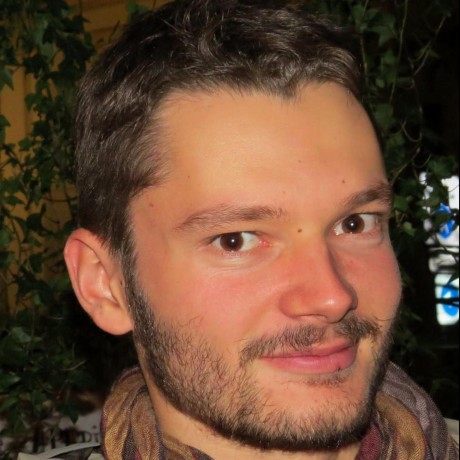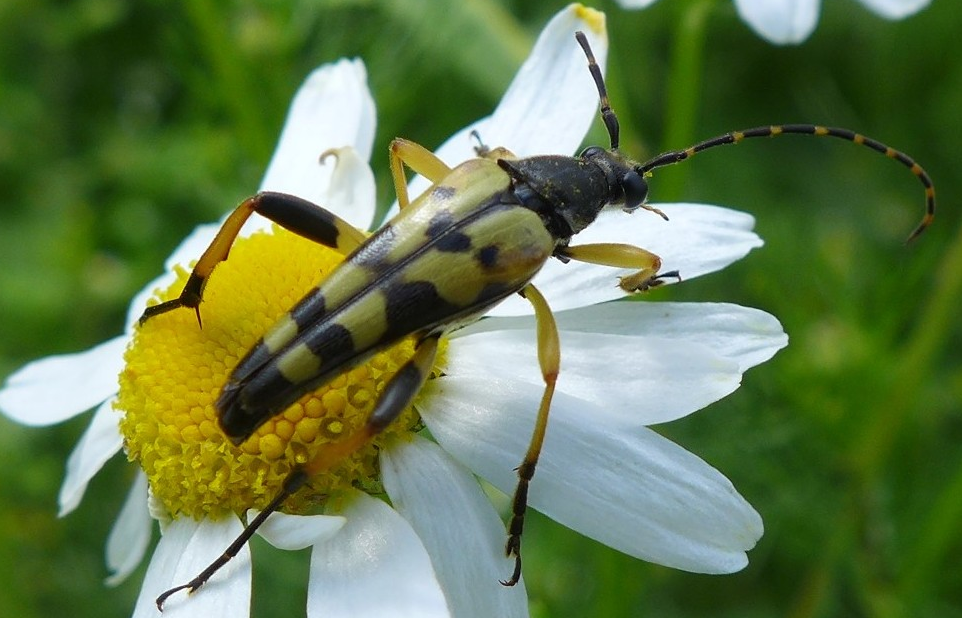What roles should ecologist have in the society?
This post is a reflection on the roles that ecologist should have in the society, it was sparked by some discussion I had at the BES/SFE meeting in december. This is one of my first try at blogging essay-like away from my nice beloved R-code.
First of I’d like to start with a definition of ecologist, a concept that might be not so clear in people’s mind. At least in French (and maybe in other languages) the word to name someone who is doing ecology as a science and the word for political/militanting ecology is the same (écologistes). I would like to stress here the difference between the two: the first one represent people doing ecology as a science, so trying to answer questions using repeatable protocols and interpreting the results stemming from it in the light of previous works. The second one represent peoples fighting for some values that are dear to them, and trying to implement in the political agenda some policies that tend to reach these goals. Throughout this post the word ecologist will refer to the first meaning of the word (scientist).
In the recent years there have been more and more calls for ecologist to do policy-relevant science. Also the creation of the IPBES is a formidable opportunity for ecologist to engage in assessment that will hopefully guide policy-making at various levels (international to local). What are the different roles that an ecologist could take at this interface between science and policy but also science and the society?
The first role which most ecologist feel confident about is being an expert, your knowledge in a certain area is acknowledged by your peers and when policy-maker need some information on particular topic (ie a government would like to protect a certain bird species) they call you to provide them with some knowledge. In this context the ecologist give some information on the possible outcomes from the various alternatives on the table and then go back to his/her research. Under this scheme the ecologist do not rank the various alternatives, just outline their likely consequences and benefits, it is then for the policy-maker and other members of the civil society present at the discussion to decide what would be the best course of actions based on this newly-acquired knowledge and some sets of values.
First note aside about using words: some words carry values and should be avoided by scientist talking to society/policy-maker as an expert (ie poor, good …), values comes from a certain perspectives and if the perspective is clearly defined (ie we want to maintain 60% of bird species in this area at any costs) then using value-laden words maybe ok (ie removing wind farms will be beneficial for the policy). However in a general context it can be misleading to use such words (ie biodiversity is good) because they call for a desired outcome that may or may not be explicitly stated. In a broader context the use of neutral words like increase or vary is to be preferred.
The second role goes one step further and do not only outline the likely consequences of various policy alternatives but also state which of these alternatives is the best, this is called advocating. Here there come some serious issues that what one person defines as best alternatives do not depend on scientific knowledge but on personal, normative values (forest are inherently better than urban habitat for biodiversity). This role can make sense because ecologist working on a certain system for 20-30 years have developed a deep understanding of this system, why should they not state what they feel is the best? Even more provocative, we could say that it is some kind of duty for ecologist to state what is best are they are the one knowing better and if they remain silent suboptimal options could be taken up as other voices will make stronger case: “It would be irresponsible not to share views based on deep experience with the public and decision makers” Mooney and Ehrlich see litterature below.
Second note aside on scientist as perfectly neutral person: the idea that scientist in general are neutral and able to give information without our opinions transpiring into it is most certainly untrue. We are human beings with constraints affecting how we work and how we communicate and interpret our results. More importantly we all have values and must be able as every citizen to fight for them. As a note within a note this is actually the nice thing about turning ecology from a qualitative science to a quantitative one, numbers will tend not to reflect ones opinions and feelings (even if they maybe very important in understanding your system/data).
My point of view is to be both, expert and advocate but in different settings and making clear what role we are endorsing when making a statement. Engage in panel discussion with policy-maker as an expert and provide information on various alternatives, but also engage with the society and when advocating for particular outcome clearly state it and acknowledge that you are no longer an expert but a advocate, your values are not inherently better than others. The trick here would be to still be invited to participate to the discussion with the policy-maker, I do not know how to solve this …
Finding the right balance between neutral expert and engaged citizen will be one of the challenge of the future ecologists, a quote to finish: “Why should I study science if I can’t personally influence the direction of events?” Students asking Roughgarden a tricky question.
Some food for thoughts: https://www.nceas.ucsb.edu/files/projects/resources/ecoessay/wagner/index.html http://bigthink.com/age-of-engagement/do-scientists-have-a-special-responsibility-to-engage-in-political-advocacy http://bioscience.oxfordjournals.org/content/53/2/170.full http://onlinelibrary.wiley.com/doi/10.1111/j.1523-1739.2006.00639.x/ http://www.esajournals.org/doi/abs/10.1890/12-1695.1 http://link.springer.com/article/10.1007/s10584-014-1108-1


Leave a Comment